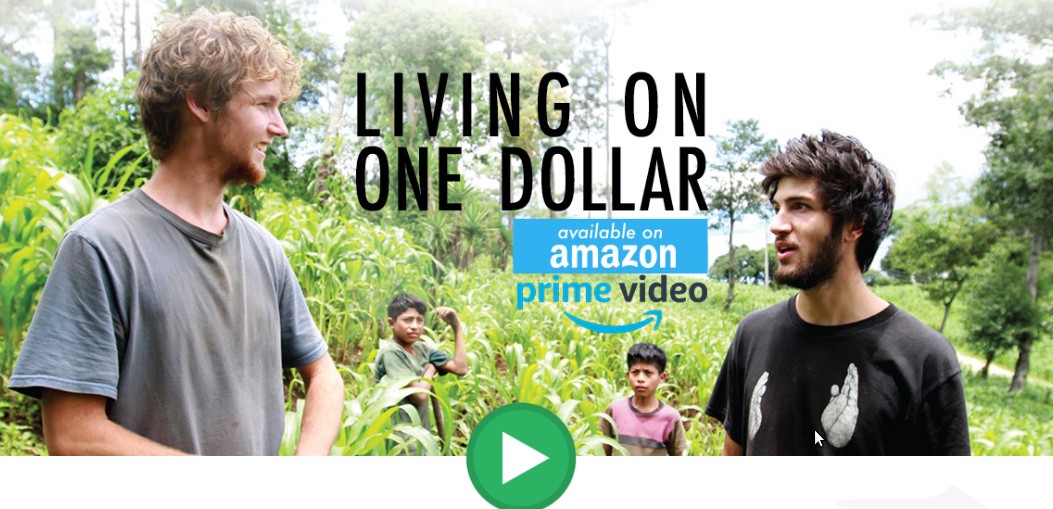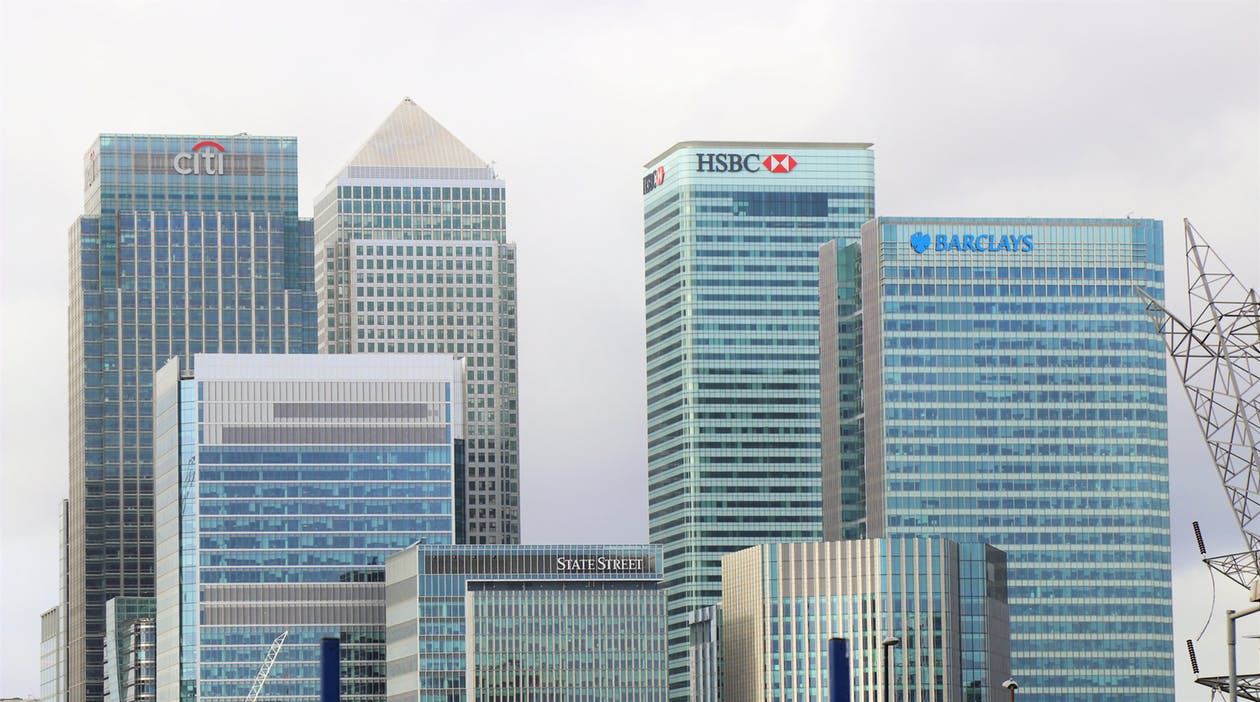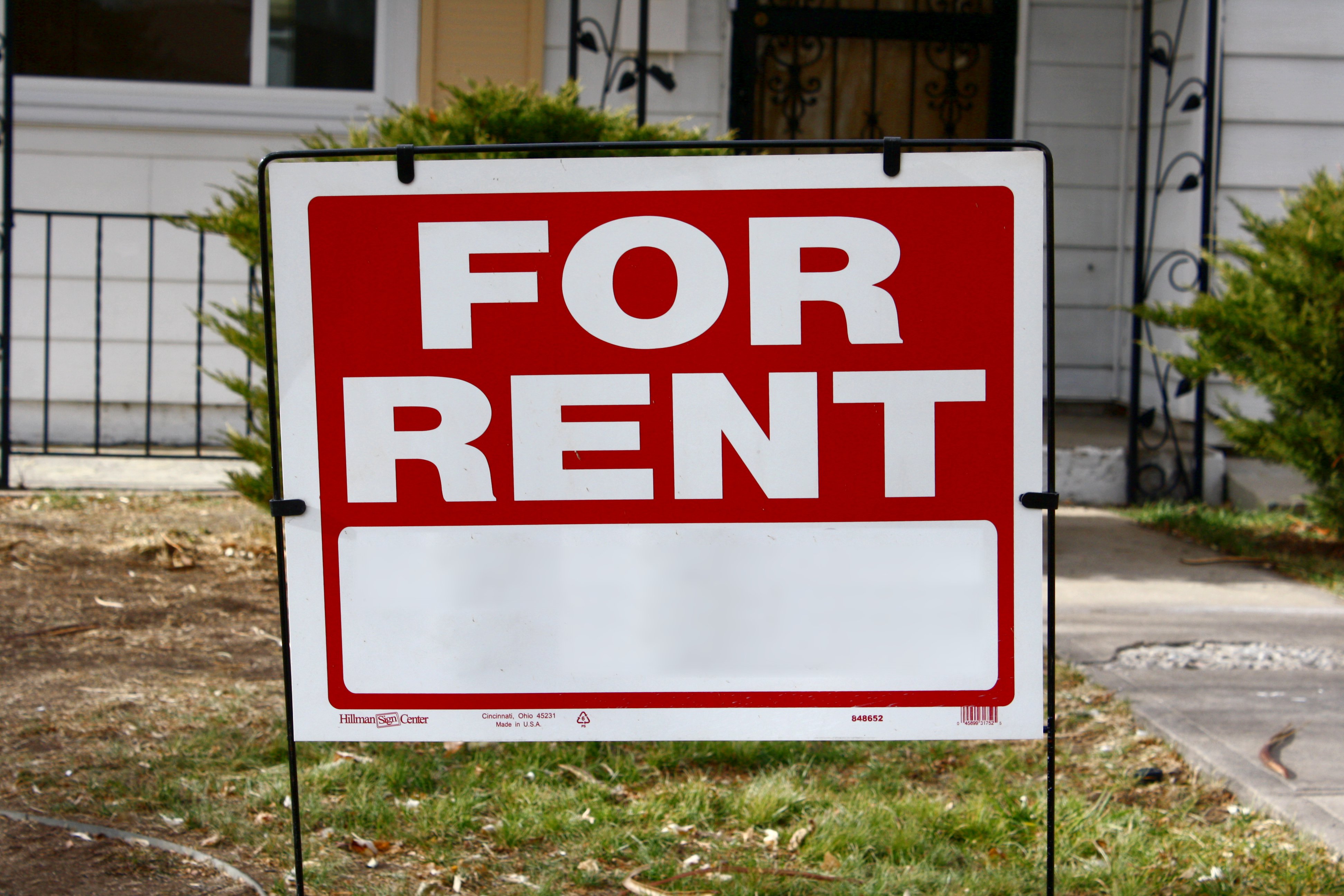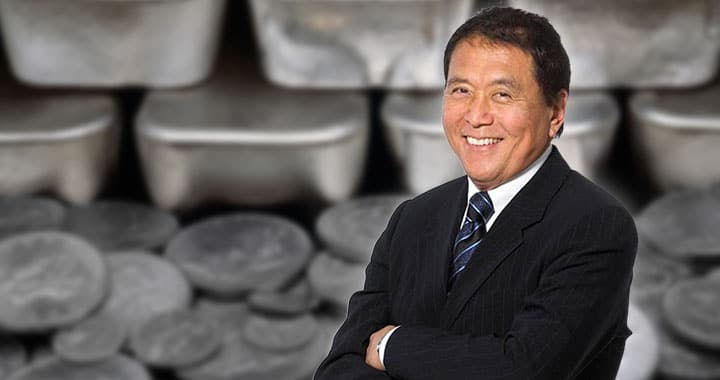The truth in numbers
The numbers don't lie. They tell a tale of a society living well beyond its means. This is why 80% of Americans are broke and living pay check to pay check.
There is a growing movement towards financial independence and a minimalist approach to life. Although I applaud anyone who takes responsibility over their expenses, how quickly we forget that in western economics access to capital is the reason we are not third world country. This is so well demonstrated in the documentary “One Dollar A Day” and the pain & suffering that a lack of available capital can bring to a society. It teaches us a lesson about good vs. bad debt.
First, here is some context. You might enjoy this video series and you’ll get a sense of what I’m talking about...

Here is a taste of the first episode on YouTube:
Quick summary: A group of college graduates decide to find out what it is really like to live on $1 a day because 1.1 billion people on this planet are forced to do that. They travel to Guatemala and live for a month with families in a village. As they progress through the journey of those families, they start to bring their western thinking to the table and show how the families can become financially self-sufficient through growing crops, providing services, etc. – basically they are taking their subconscious learning of capitalism and instilling this to the village.
They leave the village better off for having established a role to play and creating a micro free market economy. A key part of this was opening up families to available capital (ie. Micro-financing) and how this can give them a path out of poverty. I see this pattern play out in a number of similar tales – someone from the western world ventures into the third world economies and makes a difference.
The building of financial markets has taken thousands of years, and it has resulted in ways to share our resources to help everyone out. Some of the earliest examples of this are found studying the economies of Venice, Italy, in which the Jewish population who were not subject to strict Christian laws, were allowed to lend money to gentiles and invented the first investment banks. This meant that farmers could purchase seed to plant crops for the next season by borrowing money to do so, which then fed the city of Venice. The farmers made profits, the loans were paid off, and they progressed to becoming more valuable contributors to the city. This is the most pure form of capitalism. But without access to lending they could not afford to fund themselves through the planting season – from buying the seed, paying the labor for planting, irrigation and finally the picking of crops. This all costs money and you can’t do it if you don’t have capital to begin with.
The lending of money is crucial in terms of creating a society that can progress from the bare minimums to being functioning and contributing to the rest of the village. And this is what the message of the One Dollar a Day documentary really delivered to me. Without access to capital, you can’t escape the downward spiral of life and break free of poverty.
It is better to make money without exerting human labor or selling your time. That is because we humans have a biological life expectancy. We can’t live forever. We want our assets to generate dividends that will fund our existence. The problem is that we forget this basic rule and we succumb to the propaganda of those that prey on the weak and uninformed. I call those the “banksters”.
Banksters know that you need access to capital by way of lending. They know they can charge a fee to give you access to capital (interest and fees) and that they can generate passive income on that interest perpetually. It is better to make money from money, exerting little human energy, than it is to work in the field all day picking crops. The rich get richer, so to speak.

The human fault of greed steps in and turns the honest lender into a bankster through the desire to make more. They look to a life of “mo money”, fancy cars, yachts, mansions, etc. and they realize that the best way to do this is to sucker in as many of those to their lending scams and entrap them into a life of work to pay interest. This is our society today. Most of us are suckers in this game.
Why? We want the riches that we haven’t earned yet. And we are willing to sell our future out for those things. It starts with education. We succumb to accepting that the only way to create wealth is to get a college degree. So at least $100K is funded (with about 85% of it from borrowings) to our youth to get the permission slip that is an undergraduate degree to go into the workforce without proper education of what really is out there. They carry around this debt load for the next 10 years, with a payment of $1,000 a month going to the banksters. The US government backs this cartel by creating rules that this debt cannot be discharged even in bankruptcy. Nice job. Banksters win.
Then we move to marriage and raising a family. The young couple want shelter that can’t be taken from them. They don’t want to be subjected to a landlord’s whims to sell the house they are renting, or raise the rent enough to make it unaffordable. They see the banksters advertising mortgages at either high interest rates or with traps (ie. Low interest early in the loan, rising up a few years later). They sell their future (again) by committing to another $2,000 or so in mortgage payments for the house with the white picket fence. And of course they have to travel to work, so they need a new, shiny and reliable car. They borrow for a couple of them at $30K each, so there’s another $1,000 a month in car loan payments. Once they get the house, they have to furnish it, so another $25,000 in store credit or credit card loans are taken out, with a further $500 a month in payments. Add all this up, and now they have $4,500 in payments going out the door each month just to have what they think is a “nice lifestyle”.
That is $54,000 a year just to fund these costs. However if the average family earns $59,039 per year (https://en.wikipedia.org/wiki/Household_income_in_the_United_States) and they are “special” so they earn let’s say $75K, they think that this is not a problem servicing that debt load. Here’s where they are mistaken. The debt load has to be paid after taxes are taking from their earnings. They never focus on the actual earnings that they get to keep – only the income made. And this is after all the basics are paid – food, fuel, electricity, insurance, communications, etc. and what is left is usually less than what is owed. It doesn’t take long before they are working two jobs to fund all of this and then they have the constrained life.
They make small amounts of progress to pay down the debt load, but then life happens. They have a child, or someone loses a job. There is a medical emergency, etc. and they are not well equipped to get through it. The banksters still want their money, and they built into the loans a buffer to allow for defaults, particularly on those who are new to life and are paying higher interest rates. Even if the young couple default on loans, the banksters have already won because when they group together and collateralize the debts as a group, they can further scale and repeat this process. They end up corporatizing the whole game, sharing risks with other banksters, merging, acquiring, etc. and the rich get even richer. Meanwhile the young family is living pay check to pay check, and starts to reach out for help, information, motivation, etc. They discover Dave Ramsey who tells them of the mistakes they have made and they have to make wholesale changes in their lives just to pay down the debt load and regain their control.
This is the US story. This is why we can’t have nice things. We don’t realize that you haven’t earned them yet. The real sweet spot here is to acquire money when you have a low burn rate – a low cost of living, so that you can have enough capital yourself to fund life. This strategy means you don’t have to be a slave to the banksters.
And this is the full circle result that those living on $1 a day have. The lenders won’t deal with them because the lenders won’t get rich off them. So they never get access to capital, can’t plant crops, can’t afford education for their kids, and the circle of poverty continues.
I’m sorry, but when it comes to the real world and capitalism, the phrase “Every child wins a prize” doesn’t work. Parents who embraced this during their child’s early years are most likely the same that didn’t prepare the child for capitalism. They prepared the child for a life reliant on third parties to fund their activities, their mistakes and their lack of self-awareness and self-motivation.
There is one bigger problem with this lack of preparedness. There is a world of banksters out there that want to be the third party that will make the hurt go away – that will emotionally support the child and tell them that everything will be just fine. All they have to do is sign on the contract, and they can have that nice house, shiny car, education, nice furniture, etc. They will tell their customers, “You deserve it.”.
No they don’t! They haven’t earned it yet. You don’t get a golden ticket just for participation. You don’t get all the life trimmings just by finishing education. You get the right to participate in an economy. That is it – a right of participation.

Participation means you actually contribute to society in some way. You provide service to others, you make things, you support others that make things, you contribute to the success of the village. You find your own sense of fulfillment by participating in the fulfillment of others. This is how it works.
There are no shortcuts. You work hard and save. That’s it. You don’t take out loans unless you have no other choice. You don’t sell your future to the banksters. If you were not told this in your twenties, then your parents are idiots. I’m sure I won’t win any friends here, but someone has to say it. You have to now break the vicious cycle that your parents should have told you about. The fact is that the lovely degree that you earned is great, but it only gives you the right to participate. You didn’t get the right to take out debt yet. If you choose to do this, you are a loser.
The quandary here is that you need money to progress in life, yet you don’t have money. How do you solve that Catch 22 situation? It is no different to the poverty cycle as demonstrated in the $1 a day documentary. Let’s start to recognize some basic laws of the universe here in order to unveil the answer.
If you create something new today, and you leave it alone, it will decay and be destroyed. This is normal. Metal rusts, paper disintegrates, wood gets eaten by termites, clay cracks, etc. This is the second law of thermodynamics. The fiction that you buy something and it will be worth more in the future if you don’t attend to it, might work great for a bottle of wine in that the natural decay is what you want (ie. Fermentation) but it doesn’t work for a new car, a new house, etc. Those things will be worth less over time.
You might say, “But Myles, my house is going up in value!”. Nope it isn’t. If you calculate the total cost of the money you sink into it, just to avoid the second law of thermodynamics, it will rarely be returned back to you based on your home value appreciating. Over time, you will likely sink more money into attending to your house than you will get back from selling it 10 years later. So the house is not an income producing asset. It is a liability. You have to attend to it. The same is true of your car, your clothes, your computers, your phone, etc. They will all naturally degrade – either through component failure or through obsolescence.
If you fund a large acquisition of something, know that you will be attending to it. Just in order to avoid its natural decay. So the true cost of the house isn’t just the purchase price, but it is the overall cost attending to it, which will likely surpass any potential gains in value that the house will have as perceived by the next buyer of the house.
Since 1980, the average US salary has risen 1.6x. That means if you earned $50K in 1980, the equivalent salary in 2019 would be $80K. But the costs of living based on simple inflation has meant that the purchasing power of $1 in 1980 is equivalent to $2.97 in 2017 (http://www.in2013dollars.com/1980-dollars-in-2017?amount=1). Your $80K only has the purchasing power of $26.6K. There’s your problem.
You focus on the salary amount and you never factor in what that actually means. And none of this takes into consideration a higher tax rate and less actual money you get in your pocket. That’s why you are not getting ahead.
As a point of comparison, the US stock market has risen 26x in value since 1980. The rich definitely are getting richer. The worker is not.
According to Zillow, the average US home price in 2019 is $226K. Obviously this varies widely based on geographic location – urban vs. rural, etc. But this is just an average number. If you make the average income of $59K per year, and you deduct taxes from that, you probably are getting to keep somewhere around $45K. If you live frugally, and get to save $25K per year, that would mean you need 10 years of savings to buy the average home. Sure, you could use compounding interest and some magic math to decrease that time, but if you leave college at 22 years old, you could own your own home by the age of 32 if you live frugally.
Few do that. They quickly realize that they want some lifestyle inflation. They want the nice car, the furniture, the vacations. Many start a family before the age of 32 and have to fund children. They want to find a way to shorten the time delay before buying the home, so after they get about 10-20% of the way towards the average home price, they get courted by banksters to take out predatory loans too early and they buy more house than they need and they end up in a trap. Why? Their parents told them every child wins a prize, so they want the prize before they earned it.
Without the money to buy the home, however, they are going to be saving and struggling for a while. They might surround themselves with others of like mind who also are willing to delay gratification to get the house freehold, and they find themselves in a cult of frugality – the FIRE movement.
The problem is that they don’t realize that life’s journey isn’t about living in poverty just to delay gratification later. It is about finding a creative way to live a rich life now. It is to learn from life’s experiences rather than to limit yourself early one in pursuit of a freehold life. After you get the home, you get the liability of it and you have to attend to it. Those costs are ongoing – further requiring you to earn capital to fund that (and other) liabilities that come with living in the western world.
Maybe in light of all of this, a reasonable mortgage isn’t such a bad thing after all.
If you are not afraid of debt and you learn about how banksters operate, you may be able to take advantage of this. Our society has increasingly become more and more slaves to debt. The problem is that we use it for things that are liabilities. If you use debt for buying things that generate dividends that exceed the cost of acquisition (over time), the cost of the debt, the costs of attending to the assets, and you make a profit after this, then you are generating passive income. Scale that up and you are free of work. The assets gradually pay down their debt levels, increasing the passive income over time and if you choose assets that go up in value, and you do this at scale, you may never need to work in a job ever again.
This is how the banks think. They have the capital and they lend it out. They don’t do anything here that requires human effort. They use the capital to generate interest which in turn gives them more capital to lend, and they do this at scale.
Why don’t you do that? Why don’t you find something to purchase that generates a dividend and a positive cashflow that will fund your needs? If you have a $2,000 a month mortgage on a home, why not save up money to buy something that generates $2,000 a month of dividend income and use that to fund the home? Then when you are done, it keeps on generating that money. Over time, you pay off the home and you still get the $2,000 a month income. So 10 years from now, you have a home freehold and $2,000 of income and you don’t need a job.

Why is that so hard to comprehend? Yet most of our society is completely oblivious to this. They are told to stay in school, get a good job, etc. Wrong on pretty much all counts. You lose 4 years of your life pursuing a degree in which the savvy business person could have used this to generate wealth, acquire assets and start the process off earlier. Or maybe you get the college education, but you chose to follow a corporate job. Well you’ve seen my statements in regards to how salaries don’t keep up with inflation. Those that own assets are doing mighty fine while the working employees are struggling.
You see, borrowing money from someone else isn’t a bad thing - if you use it to buy income producing assets. And you use the dividends from those assets to fund your existence. You delay gratification to allow for time to play into your strategy and you attend to your liabilities. You don’t fall prey to a bankster who wants to give you a 25% interest rate credit card to buy things that will degrade that you probably don’t want. You don’t use consumption as an emotional support system to a life unfulfilled. Your answers are not found at the shopping mall or on Amazon.com. They are found in seeking out your calling which requires you go get your head out of your phone and go out into the world.
You delay the purchase of any liability as long as you possibly can and you purchase only what you think you can pay off quickly. You don’t buy too much home, too much car, too much furniture. You only buy what you can afford to pay off. But you don’t delay getting loans to acquire income producing assets. The sooner you start that, the sooner you get the freehold dividends.
Robert Kiyosaki, in his book "Rich Dad Poor Dad", talks about “good debt and bad debt”.

He is right – debt used for the purchasing of income producing assets, that don’t degrade quickly over time and potentially go up in value at a rate faster than inflation, is a good strategy. If you purchase a rental property that generates a 6% rent return, the cost of the financing of that property should be lower and the cost of attending to the property combined should be less than your rental income. That’s the key formula that you have to master. Once you find properties that fit that formula, then you do it on scale. Over time, the debt on the properties are paid off by the tenant rents and you end up owning an income producing asset freehold. If you did this on scale, you have enough dividend income coming from the real estate that you can fund your own costs and your own liabilities.
That is the message that I got from the $1 a day documentary. When you have access to capital, don’t squander it. Don’t fall prey to buying liabilities before you buy true assets. Debt is not evil – the misuse of it is. Pretending that you don’t need debt and you can live in frugality isn’t the answer either. If you can’t participate in things in life because you don’t have money, then you are not living a life rich in experience. Maybe you have convinced yourself that the minimalist lifestyle is for you. OK, but that assumes you have already found your calling and you are pursuing it and that it will never change. And that all those around you have also done the same – your spouse, your kids, etc. You are sacrificing their ability to participate by reducing your life expectations down because of a fear of debt.
It isn’t healthy. It might work in some regions (ie. The families in Guatemala that are featured in the $1 a Day documentary), but is that the life you want to live?
Just as debt has to be used carefully to buy income producing assets first, frugality must be used carefully to save money to offset the debt level. You can’t do this without some debt. You can’t do this without some frugality. All things in balance. If you put too much emphasis in one over the other, you won’t win.
Societies that were able to master the art of debt and acquire assets became the wealthiest societies in history. The money lenders in Venice because the Wall Street investment banks. Ventures require capital. Without ventures and risk we would not have Google, Ford, Amazon, US Steel, etc. Everything in life has some form of risk. The question is are you prepared to understand and manage the risk that comes with debt. Because avoiding it out of fear isn’t going to work. And embracing it without understanding the power of money – buying liabilities and not assets – will end badly.